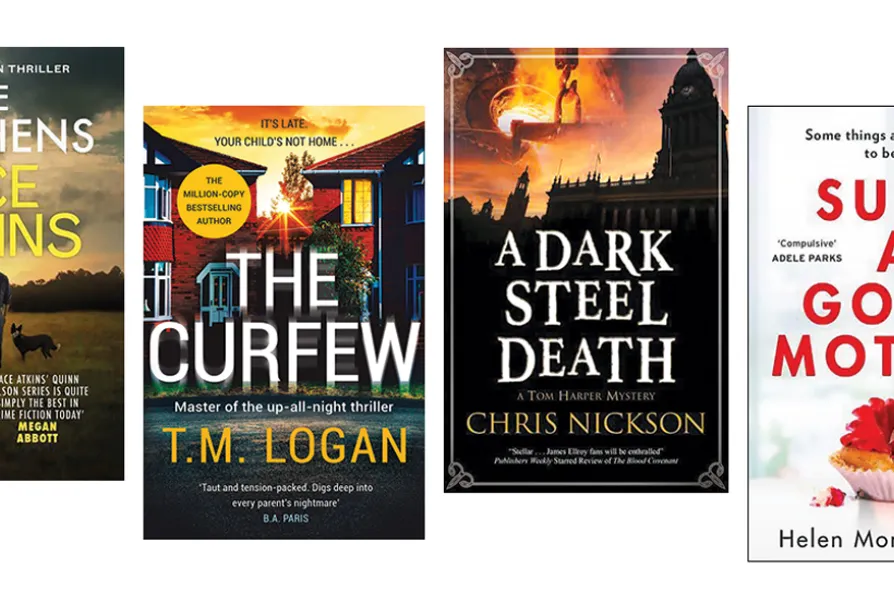TONY BURKE speaks to Gambian kora player SUNTOU SUSSO


THE HEATHENS by Ace Atkins (Corsair, £9.99) is the latest in the series about Sheriff Quinn Colson, whose bailiwick is a rural county in Mississippi. When a local white women is murdered, opinion in town is that her rumbustious teenage daughter did it, possibly in cahoots with her boyfriend, who is not only a petty villain, but black as well.
The young couple go on the lam in a series of stolen cars, leaving the sheriff, who’s pretty sure they’re not guilty, to catch them before they manage to get themselves killed.
Brutal, shocking, suspenseful and funny, there’s always a whiff of the freak show about these books, with almost every character being a grotesque or an eccentric, living in a land that seems to be 200 years behind the rest of the world.

Timeloop murder, trad family MomBomb, Sicilian crime pages and Craven praise

Reasonable radicalism, death in Abu Dhabi, locked-room romance, and sleuthing in the Blitz












